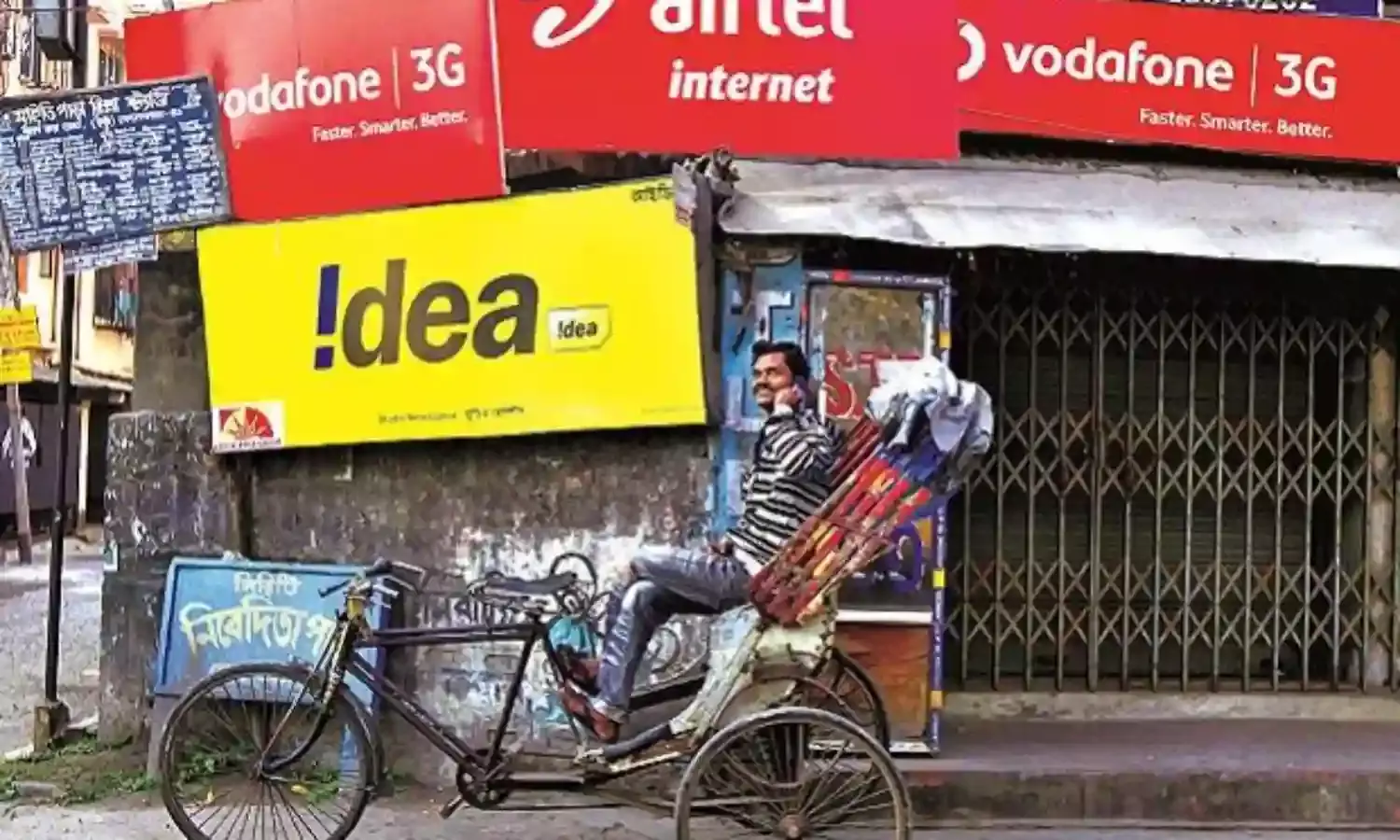Repaying Dues May Leave Vodafone, Airtel Insolvent: Enter Amazon?
A recent Supreme Court ruling puts the government in a difficult spot

The question of what heads of income can be included in calculating ‘adjusted gross revenue’, and by extension the licence fee and spectrum usage charges, was pending in the courts since 2003.
The Supreme Court has now unequivocally ruled in favour of the government, reasoning that telecommunications companies were well aware of what heads of income they would be charged on, as these terms and conditions were included in their licences.
The Supreme Court has granted the government liberty to claim at least ?1,40,000 crores from telcos as license fees and spectrum usage charges. It has also held that telcos are obligated to pay interest, penalty, and the interest on penalty which has been accumulating since 2003.
Indeed, the court specifically refused to waive these dues to the government. Interest, penalty, and interest on penalty together form more than half the government’s entire claim from telcos.
This puts the government in a difficult spot: even though the Supreme Court has ruled in its favour, it finds itself faced with two equally difficult choices.
The government could waive this part of the telcos’ dues. It will want to do this, as if it doesn’t it is very likely that either Vodafone Idea or Airtel will be forced to shut shop.
This would affect hundreds of millions of subscribers, lead to job losses, and may ultimately reflect on the government’s bottom line, as voters will want not want less choice in terms of telecom service providers. It may also face accusations of favouritism if it fails to protect these telcos.
However, the government is rightly wary of exercising this option as it would undoubtedly bring action from regulatory oversight bodies. Individual politicians and government officers will not want to put their careers and futures on the line for a decision which will not benefit them.
The government will also be hard pressed to obtain legal opinions advising it to proceed down this path, from senior law officers who will have seen the fallout from the 2G scam.
In any case the government is unlikely to exercise a waiver as it has been pursuing these claims very aggressively, and will be reluctant to give them up.
Its second option is to pursue these claims in full. One or both of Vodafone Idea and Airtel will likely declare insolvency, as neither is in a position to repay the government to the full extent demanded. These telcos and the Association of Unified Telecom Service Providers are already in talks with the government seeking some relief.
With telcos fighting for their continued survival, it is clear that 5G spectrum auctions will have to be put on hold. Only one operator, Reliance, can conceivably hope to participate, which would put the government at maximum disadvantage and defeat the purpose of holding auctions.
The government and TRAI should see this as an opportunity to not only ensure the viability of the current telecom service providers but also untangle its complicated system of fees and charges.
Currently, apart from what telcos pay to purchase the right to use spectrum, they are also required to pay separate amounts towards entry fees, licence fees and spectrum usage charges.
Instead, the government and regulator could create a regime with only two charges: one payment at the time of auction, and another consisting of the licence fee and spectrum usage charge.
It is also interesting to note that telcos are required to make payments towards the Universal Service Obligation Fund, which constitutes 5 of the total 8% of AGR charged towards license fees. Data available on the USOF website shows that in 2019-20 the USOF has a balance of ?51,522.23 crores.
The troubles of the established telcos also present an unparalleled opportunity for the likes of deep pocketed Amazon to achieve its goal of reaching 500 million Indians.
Amazon already offers Amazon Prime free with certain Airtel and Vodafone Idea prepaid and postpaid plans. In the event that the government fails to offer the waivers sought by these telcos, and they become insolvent, Amazon can enter the telecom industry taking on board the former customers of one or more telcos.
This would be advantageous not only to Amazon, which would gather millions of customers to Amazon Prime, but also to the government, which would have one of the world’s biggest companies as a licensee, ensuring further competition in the telecom sector.
In such a scenario the government could recover at least part of its dues from these telcos, who would have their right to use spectrum purchased by Amazon.



